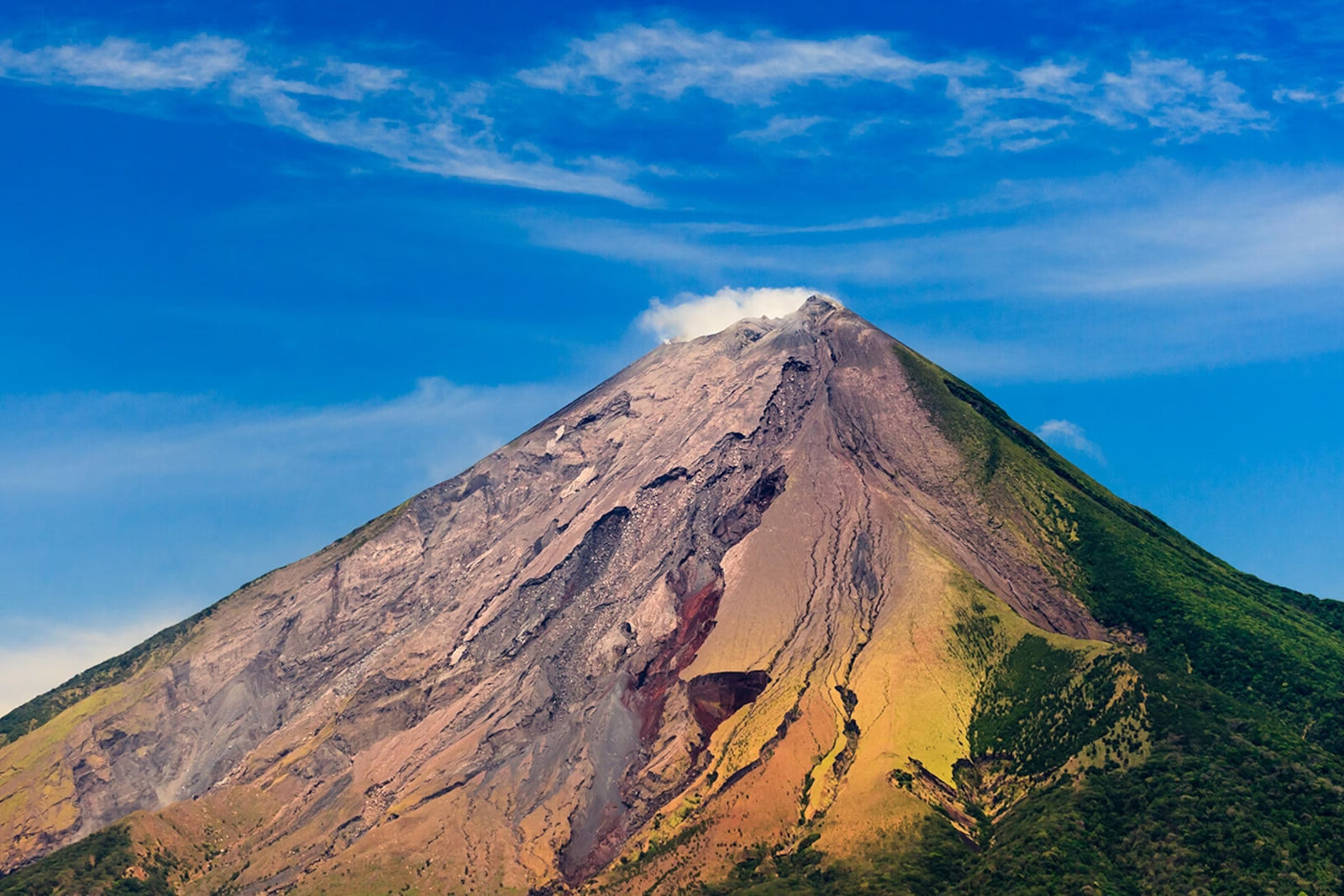
Nicaragua, a land of lakes and volcanoes, offers a rich tapestry of history, culture, and natural beauty. Ever wondered what makes this Central American gem so unique? Nicaragua boasts the largest lake in Central America, Lake Nicaragua, home to freshwater sharks. The country’s vibrant culture blends indigenous traditions with Spanish influences, creating a colorful mosaic of festivals, music, and cuisine. Did you know Nicaragua is also known for its stunning colonial architecture, particularly in cities like Granada and León? From its lush rainforests to its bustling markets, Nicaragua promises endless surprises. Ready to dive into 20 fascinating facts about this captivating country? Let’s get started!
Key Takeaways:
- Nicaragua is a Central American treasure with the largest lake in the region, active volcanoes, and a vibrant culture rooted in indigenous history. It's a paradise for nature lovers and history enthusiasts alike!
- From the stunning landscapes and diverse wildlife to the rich cultural heritage and unique cuisine, Nicaragua offers a blend of natural wonders and warm hospitality. It's a country that truly has something for everyone to explore and enjoy!
Geography and Nature
Nicaragua, a Central American gem, boasts diverse landscapes and natural wonders. From volcanoes to lakes, the country's geography is fascinating.
- Nicaragua is home to the largest lake in Central America, Lake Nicaragua. This vast body of water even has freshwater sharks!
- The country has 19 active volcanoes, including the famous Masaya Volcano, which has a continuously burning lava lake.
- Bosawás Biosphere Reserve in Nicaragua is the second-largest rainforest in the Americas, after the Amazon.
- The Corn Islands, located in the Caribbean Sea, are known for their stunning beaches and vibrant marine life.
History and Culture
Nicaragua's rich history and vibrant culture are deeply intertwined with its indigenous roots and colonial past.
- The name "Nicaragua" comes from Nicarao, the name of an indigenous tribe, and agua, the Spanish word for water.
- Granada, founded in 1524, is one of the oldest colonial cities in the Americas, showcasing beautiful Spanish architecture.
- The country celebrates La Purísima, a festival dedicated to the Virgin Mary, with elaborate altars, songs, and prayers.
- Ruben Dario, a Nicaraguan poet, is considered the father of the modernist literary movement in Spanish literature.
Economy and Industry
Nicaragua's economy is primarily based on agriculture, but it also has growing tourism and manufacturing sectors.
- Coffee is one of Nicaragua's top exports, with the highlands producing some of the finest beans in the world.
- The country is the world's largest producer of pitaya, also known as dragon fruit.
- Tourism has become a significant part of the economy, with visitors flocking to see the country's natural beauty and historical sites.
- Nicaragua Canal, a proposed shipping route, aims to rival the Panama Canal, potentially transforming global trade routes.
Wildlife and Biodiversity
Nicaragua's diverse ecosystems support a wide range of wildlife, making it a haven for nature lovers.
- The country is home to over 700 bird species, including the resplendent quetzal and the scarlet macaw.
- Indio Maíz Biological Reserve is one of the most biodiverse areas in the world, housing jaguars, tapirs, and howler monkeys.
- Sea turtles nest on Nicaragua's Pacific and Caribbean coasts, with conservation efforts in place to protect these endangered creatures.
- The Mombacho Volcano cloud forest is a unique habitat, home to many endemic plant and animal species.
People and Society
Nicaraguans, known for their warmth and hospitality, have a rich cultural heritage and a strong sense of community.
- The population of Nicaragua is around 6.6 million, with a mix of indigenous, European, African, and Asian ancestry.
- Baseball is the most popular sport in Nicaragua, with many Nicaraguans playing in Major League Baseball in the United States.
- Gallo pinto, a dish made of rice and beans, is a staple in Nicaraguan cuisine, often enjoyed for breakfast.
- Nicaraguan Sign Language (NSL) developed independently in the 1970s, becoming a unique linguistic phenomenon studied by researchers worldwide.
Final Thoughts on Nicaragua
Nicaragua's rich history, stunning landscapes, and vibrant culture make it a fascinating country. From the majestic volcanoes to the pristine beaches, there's something for everyone. The nation's unique blend of indigenous and colonial influences is evident in its architecture, cuisine, and traditions. Whether you're exploring the bustling markets of Managua or the serene beauty of Ometepe Island, Nicaragua offers endless adventures. The warmth and hospitality of its people add to the charm, making every visit memorable. With its growing tourism industry, Nicaragua is becoming a must-visit destination in Central America. So, pack your bags and get ready to experience the wonders of this incredible country. Whether you're a history buff, nature lover, or just looking for a new travel destination, Nicaragua won't disappoint. Dive into its culture, savor its flavors, and create unforgettable memories.
Frequently Asked Questions
Was this page helpful?
Our commitment to delivering trustworthy and engaging content is at the heart of what we do. Each fact on our site is contributed by real users like you, bringing a wealth of diverse insights and information. To ensure the highest standards of accuracy and reliability, our dedicated editors meticulously review each submission. This process guarantees that the facts we share are not only fascinating but also credible. Trust in our commitment to quality and authenticity as you explore and learn with us.


